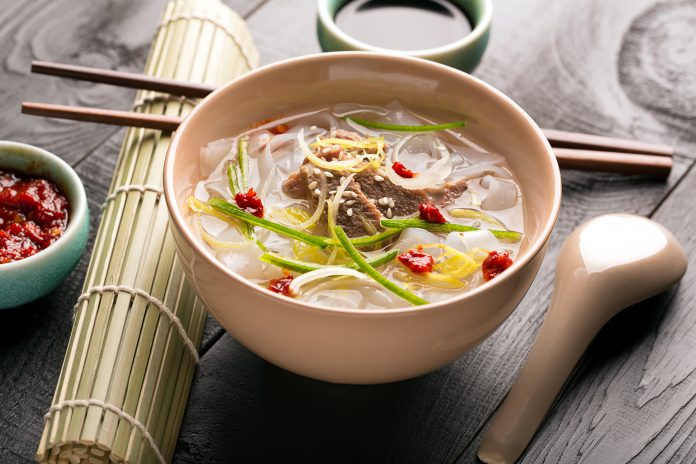
In Oriental Medicine, the character and quality of food including its own flavour, flavour and heat/cold nature, determines its therapeutic potential and its capacity to balance or unbalance the body, through impacting the Blood, Qi and other body fluids.
Nourish the Kidneys and Bladder
There are lots of ‘diets, and the goal of this perspective on nutrition and food, isn’t to give you another’diet’ to follow rigidly, but instead, to offer you some basic guidelines from a joint western and oriental perspective. These will provide you a way to gently nurture and encourage your body from the inside.
The Water Element which modulates the Kidney and Bladder organs in Traditional Chinese Medicine, relates to the period of winter, and it the most yin part of the seasonal cycle. It is the time for introspection, rest, placing oneself into a receptive manner and saving energy, nutrients and Chi. It is also about heating the body’s core.
The flavours which encourage the Water energy would be the salty and bitter flavours, since they promote a sinking, centering quality.
Bitter foods include lettuce, endive, watercress, turnip, celery, asparagus, alfalfa, rye, oats, quinoa, amaranth and citrus peels.
Salty foods include, miso, soya sauce, seaweeds, millet and barley.
The Kidneys in Traditional Chinese Medicine are seen as the center of the body and are the basis of yin and yang qualities within the body.
The Yin energy is all about nurturing, supporting, stabilizing, moistening and building the body. The Yang energy warms, energizes, and animates the body. The Kidneys additionally store the Jing character, that’s that the Qi (vital energy) passed on in the parents.
Jing decides the constitution and health of the individual, and once it’s consumed, life ceases. Certain foods nourish Jing, and will foster the development, renewal and development of the human body and mind, leading to more energy, longevity, improved reproductive capacity and protection against premature ageing.
Symptoms of Kidney Yin deficiency
The Kidneys can manifest a lack of Kidney Yin and/or Kidney Yang, Deficient Kidney Qi, (that isn’t quite as deep as a Kidney Yang lack and Jing (essence) deficiency.
Symptoms of Kidney Yin deficiency are those that indicate a drying up of fluids and a rise in deficient heat symptoms. For instance, dry mouth and throat, fever, dizziness, tinnitus, constipation and spontaneous perspiration.
Symptoms of Kidney Yang deficiency
Symptoms of Kidney Yang deficiency include cold extremities, an aversion to cold, lack of sexual appetite, regular clear urination, feeble knees and back and a pale complexion.
Foods that nurture Kidney Yin include millet, barley, tofu, string beans, black beans, kuzu, watermelon, berries (black, mulberries, blue) potatoe, seaweeds, spirulina, chorella, black sesame seeds, sardines, crab, clams, eggs, pork and cheese.
Foods that nurture Kidney Yang include cloves, fennel, anise, black peppercorn, ginger, cinnamon, onion family, poultry, lamb, trout, salmon, quinoa and walnuts.
Foods that build up the Kidney Chi include parsley, wheat berries and sweet rice.
Foods that nourish Jing essence include chorella, spirulina, fish, liver, kidney, bone and marrow, almonds, milk, ghee, royal jelly, bee pollen, plus vitamin A and B12.
A frequent imbalance at the Bladder is a condition called Damp Heat from the Bladder, in western terms a Bladder infection. This suggests that dampness and heat have united from the gut, producing symptoms of burning, painful or frequent urination, sometimes fever, thirst and a feeling of urinary fullness.
Bitter, cooling and alkanizing foods help reduce dampness and heat.
Useful foods such as moist heat conditions comprise aduki beans, lima beans, celery, carrots, winter squash, potatoes, asparagus, mushrooms, lemon and cranberries.
Eating lightly (vegetable broths) and drinking lots of fluids is the best recommendation, particularly in the acute phase of the infection.





